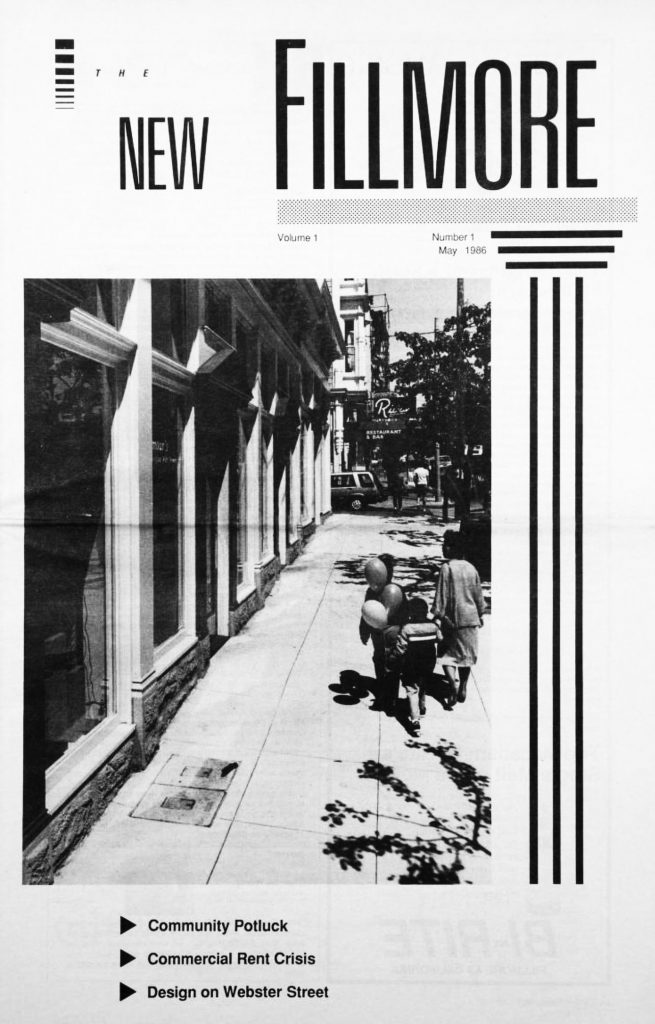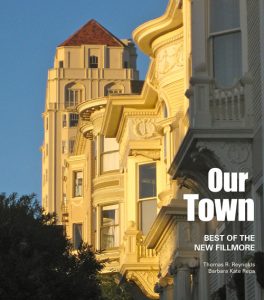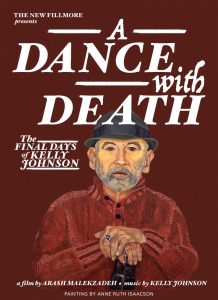
Charles Unger plays on Sunday nights at Rasselas.
MUSIC | Anthony Torres
I first heard Charles Unger play when I stepped into the Sheba Piano Lounge on the way home from Yoshi’s one night. As I walked in, I was immediately struck by the intonation of the tenor sax and the ease with which Unger and his band, The Experience, moved through Carlos Santana’s “Europa.” Since then I have seen them at both Sheba and Rasselas. Every time, it’s been a thoroughly enjoyable experience.
With jazz, they say it don’t mean a thing if it ain’t got that swing. These guys swing, and they do it in a way that incorporates a range of influences. The music moves and is inflected with a Latin groove and a Middle East undercurrent that creates a melancholy feel so sensuous a person can’t help but be moved.
Unger is a great player. He’s also a great guy who loves what he’s doing and does it with all the seriousness in the world. Music for him is a spiritual mission and a quest for a kind of secular redemption that he has pursued since he was a child — one that sustains him and has brought him a wealth of knowledge and experience.
You were born where?
Montgomery, Alabama.
How did you wind up in California?
The great migration out of the south. My family migrated north to Chicago. Most of my family is still in Chicago. My immediate family was one of the few branches that wound up coming west. My family moved to Riverside, California, in around 1957, when I was like 10 or 11. I was an Air Force brat. My father was career military. He’s still living; he’s 86. He always wanted to be in a lot of bands, so he was a songwriter and singer. He sang in big bands. He was a crooner. He liked all the old cats — Nat King Cole, those guys.
So you grew up with music?
Yeah, I was always involved in music, since grade school. The schools in those days had music classes and offered lessons. I played clarinet since fourth grade. And then I heard my first tenor and it was love at first sound. The thing about Riverside is that they had a lot of street festivals, so they had all these bands in the streets, and you had exposure to a lot of different kinds of music. They had R&B honking tenor saxes and I said, “Oh man, this is the bomb.” I started playing tenor sax in the seventh grade with Lloyd Mummert, one of the premier music teachers in Southern California. Then I played in the high school marching band, and then I started playing blues right after that — straight- up blues, Muddy Waters, Albert King and Howling Wolf.
What brought you to the Bay Area?
I had some family up here: Bayview, Hunters Point. The first time I came up here was the Summer of Love. I was 17. I was spoiled, man. I came back in 1969, and as soon as I graduated from high school in 1970, I moved here. I had to come back. I moved to Lakeview, by City College, where I got some more formal training, and joined David Hardeman’s big band. Later I formed my own band, playing R&B and funk. We were a party band called Pizzazz. Back in the day, “Bad for a Mother’s Ass” was our slogan. It was a straight-up party.
So how did you wind up in the Fillmore?
I met the love of my life. She lived over here. That was 1986. So I have been living around here for years.
Who are some of the cats you’ve played with?
One of the first people was Maxine Howard and the Down Home Blues Band. I met her at a festival in Marin and she asked me to join her band. And through her, I met Bobbie Webb. Bobbie really helped me musically with the different genres of R&B and the blues. I learned a lot, performance-wise, hanging out with him.
How would you characterize your own music?
My last name, Unger, means to be from Hungary. On my father’s side, we’re an Afro-German mixture of people, Afro-Jewish mixture. So all these influences come into play. My first influence was my father. He played all kinds of music. He played with all kinds of people. He always recognized his European heritage. I’ve never wanted to be pigeon-holed in any one thing.
Who have been your influences?
All the masters — Dizzy, Bird, Miles, Coltrane, Lester Young. I love Lester.
What do you think of the scene in the Fillmore Jazz District?
I think if people give it a chance and go out and support it, it will happen. It takes time for people to get exposure and knowledge. If they do, it will take off, as evidenced by the Fillmore Jazz Festival. And now it’s even better because younger people are coming and different people are coming. That’s one of the things the jazz and R&B thing does: It captures people with the grooves. It’s a learning curve. It takes a while for people to get hip to it.
If there were something you’d want to relate about what you do, what would it be?
I look at music as a catalyst for bringing different people together and breaking down barriers that separate us from our oneness and our humanity. I try to put that into my music as a way of relating that we all share this beautiful planet together. That we are all on the same road. That we are all the same people. That we are all family. If I can break down barriers through music, then I will have fulfilled my destiny.
Charles Unger plays Sunday nights from 8:30 to midnight at Rasselas Jazz Club at 1470 Fillmore Street.





